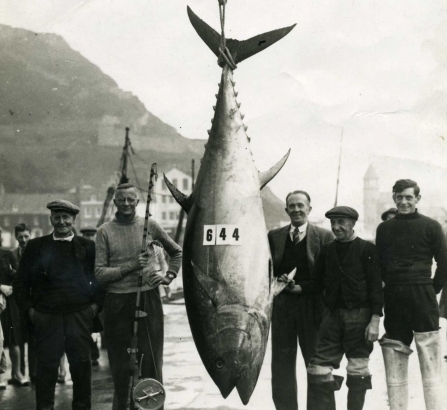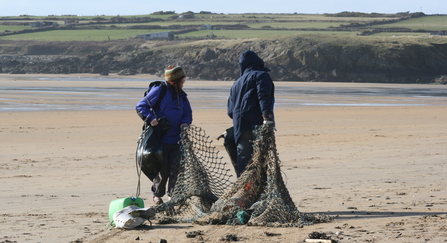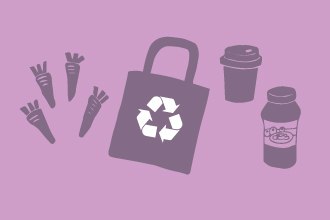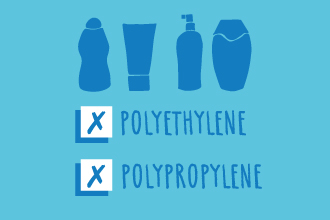Our Welsh seas
Lying where warm waters from the south meet cool nutrient rich currents from the north, the sea around Wales is special in many ways and is home to a vast array of weird and wonderful wildlife. The Welsh territorial sea almost doubles the size of Wales. Covering 15,000km2, it is home to a vast array of habitats and species, supporting internationally important populations of species including Manx shearwaters, Atlantic grey seals, and bottlenose dolphins.
Living Seas
A sustainable society and economy needs productive and healthy seas. Yet for many years pollution, unsustainable development and the way we fish have damaged and depleted our seas. Our vision is for Living Seas - where better protection and management of our seas means that species which have declined can become common again.
Our seas in crisis
Plastic-strewn beaches, fisheries on the verge of collapse, unsustainable infrastructure development and the ever growing effects of global climate change. These are the pressures altering the balance of our seas today, depleting its resources beyond safe limits and jeopardising what we take from it - from the fish stocks to feed our country to energy to the air we breathe.
What we've lost

Bluefin tuna, Scarborough, 1949 - Phil Burton
This picture shows a bluefin tuna landed at Scarborough, Yorkshire in 1949. The North Sea bluefin tuna fishery collapsed in 1963 and today it is effectively extinct here as a commercial fish stock. If we improve how we manage our seas and protect marine habitats, we could see the proper return of bluefin tuna and many other magnificent animals to the UK.
What are the Wildlife Trusts doing?
- Campaigning for Marine Protected Areas - we campaign for parts of the seabed and the sea to be protected from damaging activities
- Fisheries policy - balanced fishing policies that help to protect our marine environment and ensure a sustainable fishing industry
- Surveying - we run surveys along the coast and under the sea to gather information on marine habitats and wildlife
- Advising on development - we help to ensure that developments at sea, like wind farms, avoid the most important parts of the sea for wildlife
- Inspiring people about the sea - we run events around the coast from talks to rockpool rambles and underwater snorkel safaris
The natural world is valuable in its own right, and is the foundation of our wellbeing and prosperity; we depend on it and it depends on us.

Jonny Easter
Five challenges facing our seas
- Not enough protected areas at sea - there are not enough protected wild places at sea. The UK’s network of Marine Protected Areas needs to protect the whole range of wildlife in our seas.
- Fishing – after the significant reform of the Common Fisheries Policy we have begun to see some of our fish stocks recover. But there are still significant discard issues. We need to make sure that this process is continued which will benefit jobs, consumers and wildlife
- Lack of planning of competing interests – fishing, oil rigs, wind farms and gravel extraction from the seabed all take a huge toll on UK seas, fragile seabed habitats and the wildlife that lives in them; we need to plan our seas so that we have space for wildlife to recover and to provide certainty to industry as to where they can develop and fish.
- Severe pollution – sewage, farming chemicals, plastic litter washed out to sea, abandoned fishing nets and noise pollution from new developments at sea are killing wildlife and adversely affecting human health
- Human behaviour – our success in tackling these threats ultimately rests on people’s understanding and accepting the need for change.




